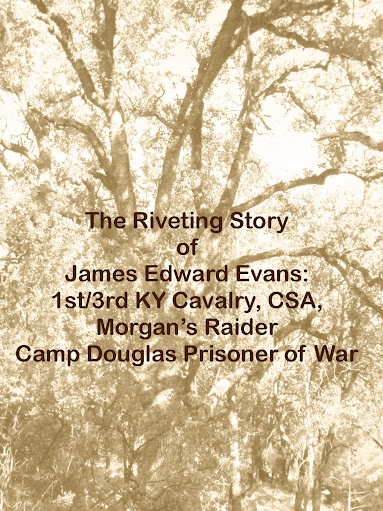 Cartoon published in Punch on November 2, 1861. The restraint across the king’s stomach reads, “ BLOCKADE”
Cartoon published in Punch on November 2, 1861. The restraint across the king’s stomach reads, “ BLOCKADE”In 1858 Senator James Henry Hammond of South Carolina declared,
"Without the firing of a gun, without drawing a sword, should they make war upon us, we could bring the whole world to our feet. What would happen if no cotton was furnished for three years? England would topple headlong and carry the whole civilized world with her. No, you dare not make war on cotton! No power on earth dares make war upon it. Cotton is King."
His words would prove prophetic as during the Civil War, cotton dominated international relations.
On May 13, 1861, Queen Victoria issued a proclamation of neutrality which recognized the Confederacy as “having belligerent rights.”
By the Autumn of 1861, Europeans, particularly the English, began to take note of American Civil War due to the blockade of Southern ports. The blockade, imposed as part of the Anaconda Plan, had cut off all legitimate imports and hit British business men squarely in the pocketbook. The Confederates had been importing every imaginable war material from cannons and guns to footwear, uniforms, and hospital supplies.
“The contest is really for empire on the side of the North and for independence on that of the South...”
~ London Times 7 November 1861
Such notice was exactly what the South had been anticipating.
The London Times took a pro-Confederacy stance as did many of the Crown subjects. As numerous Southerners maintained active family, social, and business relations with Englishmen, it was not surprising that Southern military leaders such as Lee and Jackson were well respected in England. In addition, the concept of the South breaking free from Northern tyranny was well received. Thus, Confederate Leadership predicted that the British Navy would break the blockade or at least escort ships through it and into Southern port.
Reality was not to be all the Confederates had envisioned. The British Navy remained neutral and did not interfere with the blockade. This however, did not prevent many private ships of British registry from becoming blockade runners. These ships stealthily voyaged to and from Nassau, Bermuda, and Havana to bring supplies to the beleaguered Confederates.
On November 8, 1861, the United States Government found itself in a predicament with Great Britian. The Confederacy hoped to make the most of this diplomatic fiasco. The U.S. Naval ship San Jacinto forced the British ship Trent, which carried two Confederate commissioners, to stop in international waters. The Trent was then boarded and the two Confederates, James M. Mason, commissioner to London and John Slidell, commissioner to Paris, were taken prisoner. This action was a violation of maritime law. War between England and the United States was narrowly averted when U. S. Secretary of State William Seward apologized. Orders were given to release of the commissioners from their imprisonment in Fort Warren on January 1, 1862.
The Confederate Leadership still firmly believed “Cotton is King.” They were dead sure that Great Britian and France would come to their aid as allies in order to obtain Southern cotton. The Confederacy hoped to sway England and France through an embargo of cotton. Although the Confederate Congress never formally established the embargo, local "committees of public safety" prevented cotton exports. Thus, the cotton crop was horded into great warehouses, awaiting pledges of allegiance. Much to Confederate distress, help never came. The horded crop began to rot.
England simply purchased cotton from Indian and the Caribbean. The French procured cotton from Egypt. Europeans simply did not view Southern cotton as a worthy cause for engaging in war.
The South was left to stand alone.





No comments:
Post a Comment